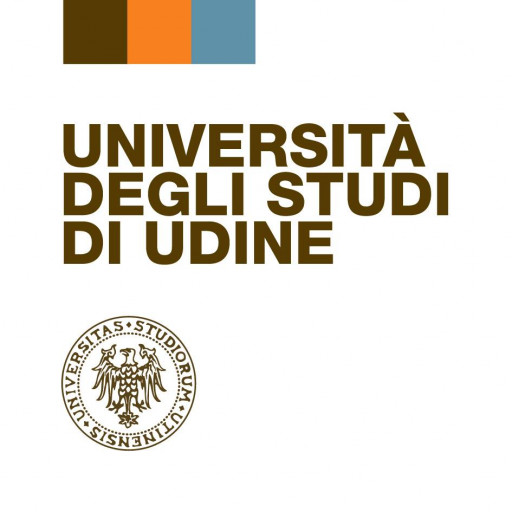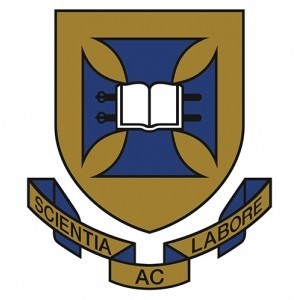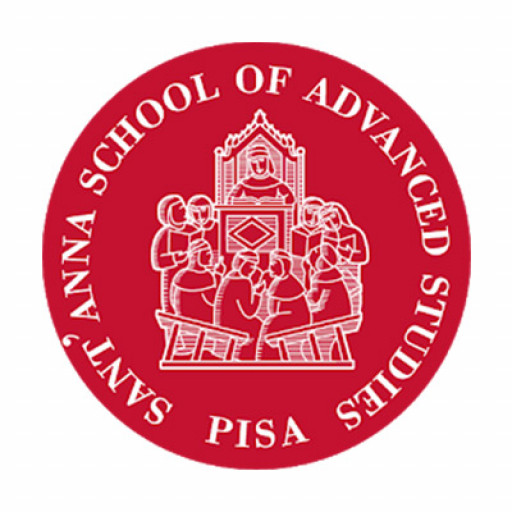Photos of university / #sydney_uni
The Bachelor of Agricultural Science at The University of Sydney offers students a comprehensive education in the fundamental principles and practical applications of agriculture. Designed to prepare graduates for diverse careers within the agricultural sector, this program combines rigorous scientific training with real-world experience to equip students with the skills necessary to address global food security, sustainable farming practices, and environmental conservation. Throughout the course, students explore key topics such as plant and soil science, animal production, agricultural technology, and resource management, fostering a deep understanding of the biological, technological, and economic factors that influence modern agriculture. The program emphasizes critical thinking, innovation, and problem-solving abilities, enabling students to adapt to rapidly evolving challenges faced by the industry. Students have the opportunity to engage in hands-on learning through laboratory work, field trials, and industry placements, which facilitate the practical application of theoretical knowledge. Additionally, the curriculum encourages interdisciplinary collaboration, connecting principles of biology, ecology, economics, and engineering to develop holistic solutions for sustainable agriculture. The University of Sydney's strong links with industry partners and research institutions ensure that students are exposed to current advancements, trends, and practices in agriculture. Graduates of this program are well-prepared to pursue careers in crop production, animal husbandry, agri-tech innovation, environmental consultancy, and agricultural policy development. They are also equipped with the knowledge and skills to contribute to sustainable development initiatives, research, and advocacy within the agricultural sector. With its balanced focus on scientific inquiry, practical skills, and industry engagement, the Bachelor of Agricultural Science at the University of Sydney offers an exceptional foundation for students aspiring to make a positive impact in the field of agriculture worldwide.
AREAS OF RESEARCH
The faculty offers a diverse range of research opportunities encouraging you to further your research in a specific field. Our main research areas include, but are not limited to:
Sustainability
- carbon sequestration
- pollution targets and control
- the affect of climate change on agriculture and natural resources
- environmental soil ecology
- natural resource management
- crop water management
- soil conservation
- grazing productivity
Production Systems
- crop protection
- biological nitrogen fixation
- post harvest biology and technology
- plant breeding
- plant pathology
- limnology and water ecology
- food chemistry and biochemistry
- plant cryogenics
Eligible candidates are encouraged to apply in plenty of time, and even before completion of their current qualifying degree. In these circumstances, referee reports are essential as part of the application for admission.
To apply for a PhD, you need to demonstrate sufficient prior research experience and capability.
In most cases, to be eligible to apply for a PhD you will have:
- a Bachelors degree with first or upper second class Honours or
- a Masters degree performed at a high academic standard, and which includes a substantial component of original research, or
- an equivalent qualification that demonstrates research experience, excellence and capability.
- your academic/educational background and research experience with examples such as an academic transcript
- your CV/resume
- the area of interest for your PhD
- why you believe your research topics align with this supervisor
- IELTS: A minimum result of 6.5 overall and a minimum result of 6.0 in each band
- TOEFL paper-based: A minimum result of 565 overall including a minimum result of 4.5 in Writing TOEFL IBT: A minimum result of 85 overall including a minimum result of 17 in Reading, Listening and Speaking and 19 in Writing
These criteria constitute the minimum requirements for eligibility and do not guarantee admission. That remains at the discretion of the Associate Dean (HDR) for a given Faculty.
The academic requirements that are displayed are applicable to currently available courses only, and are updated annually in October and may be changed without notice. The Faculty Handbook and the University of Sydney Calendar are the official legal source of information relating to study at the University of Sydney, and you are referred to those documents.
Scholarships
- Australia Awards Scholarships (AAS)
- Research Training Program Fee Offset and Stipend Scholarship (International - formerly IPRS)
- University of Sydney International Scholarship (USydIS)
- Vice-Chancellor International Scholarships Scheme
The Bachelor of Agriculture at the University of Sydney is a comprehensive undergraduate program designed to equip students with a thorough understanding of agricultural sciences and their applications. This degree program offers a multidisciplinary approach, integrating biological, environmental, technological, economic, and social aspects of agriculture to prepare graduates for diverse careers in the agricultural sector. Throughout the course, students explore core topics such as plant and animal production, soil management, sustainable farming practices, agricultural technology, and resource management. The program is structured to include both theoretical learning and practical experiences, with opportunities for industry placements, laboratory work, and field trips that enhance real-world understanding and skills.
Students enrolled in the Bachelor of Agriculture can expect to develop competencies in research methodologies, data analysis, and problem-solving relevant to agricultural challenges. Emphasis is placed on sustainable practices, environmental stewardship, and innovative solutions to ensure food security and environmental sustainability. The program also covers areas such as crop and livestock science, biotechnology, pest and disease management, and climate change impacts on agriculture.
The degree prepares students for a variety of career pathways, including agribusiness, research and development, farm management, environmental consultancy, and government policy advising. Graduates may pursue further study through honours programs, postgraduate coursework, or research degrees to specialize in specific fields within agriculture.
The University of Sydney provides students with access to state-of-the-art facilities, including dedicated laboratories, research farms, and clusters focused on agricultural innovation. The university maintains strong links with industry partners and offers networking opportunities, internships, and collaborative projects that enhance employability. Students are encouraged to participate in student clubs and societies related to agriculture, which foster leadership, community engagement, and professional development.
The program's curriculum is regularly updated to reflect the latest advancements and industry needs, ensuring graduates are well-prepared for the evolving agricultural landscape. The university's commitment to sustainability and environmental responsibility is woven into the coursework, promoting an understanding of global challenges faced by agriculture today. Overall, the Bachelor of Agriculture at the University of Sydney aims to develop well-rounded, innovative professionals who can contribute meaningfully to the agricultural sector and its sustainable development.










